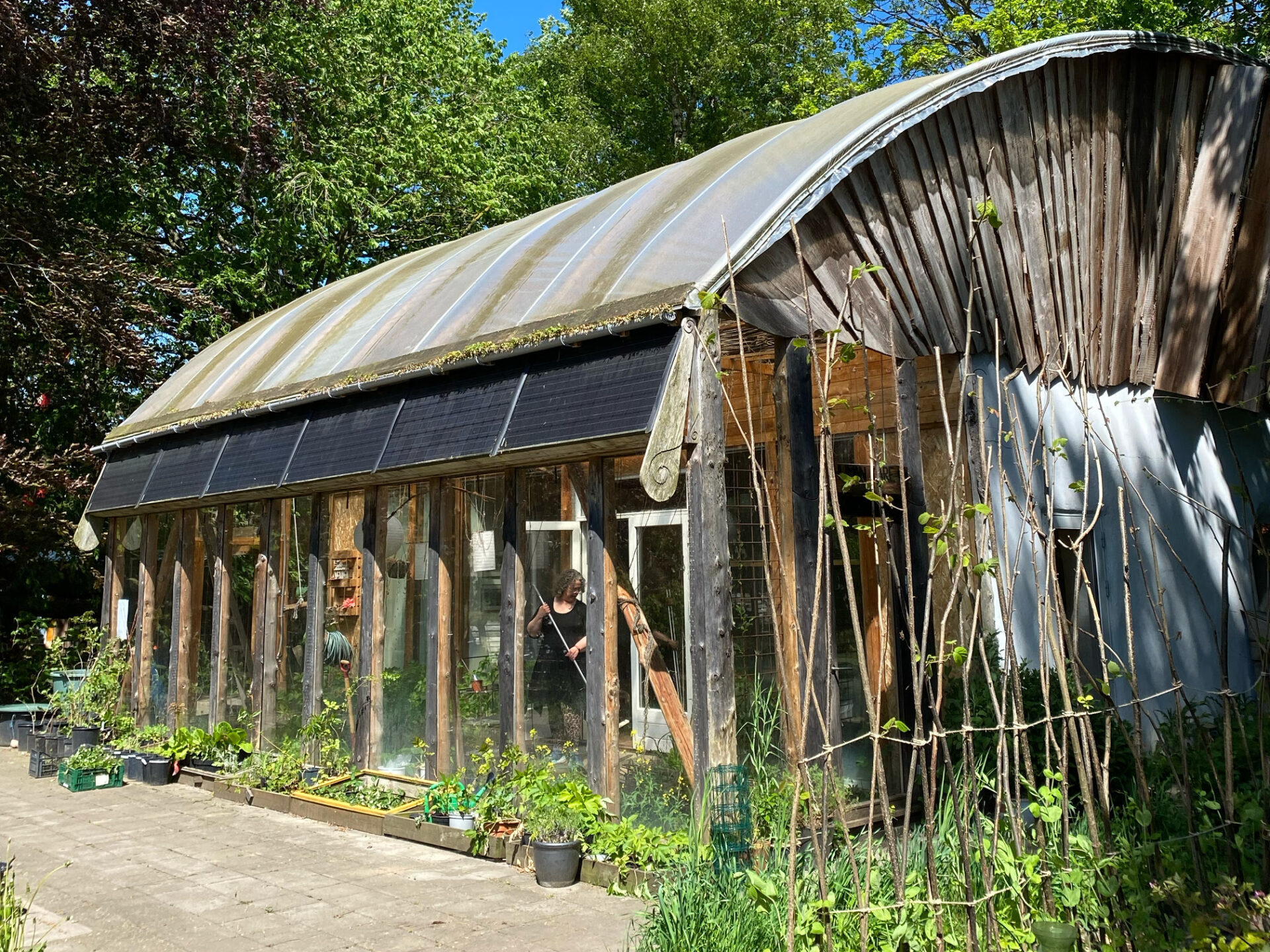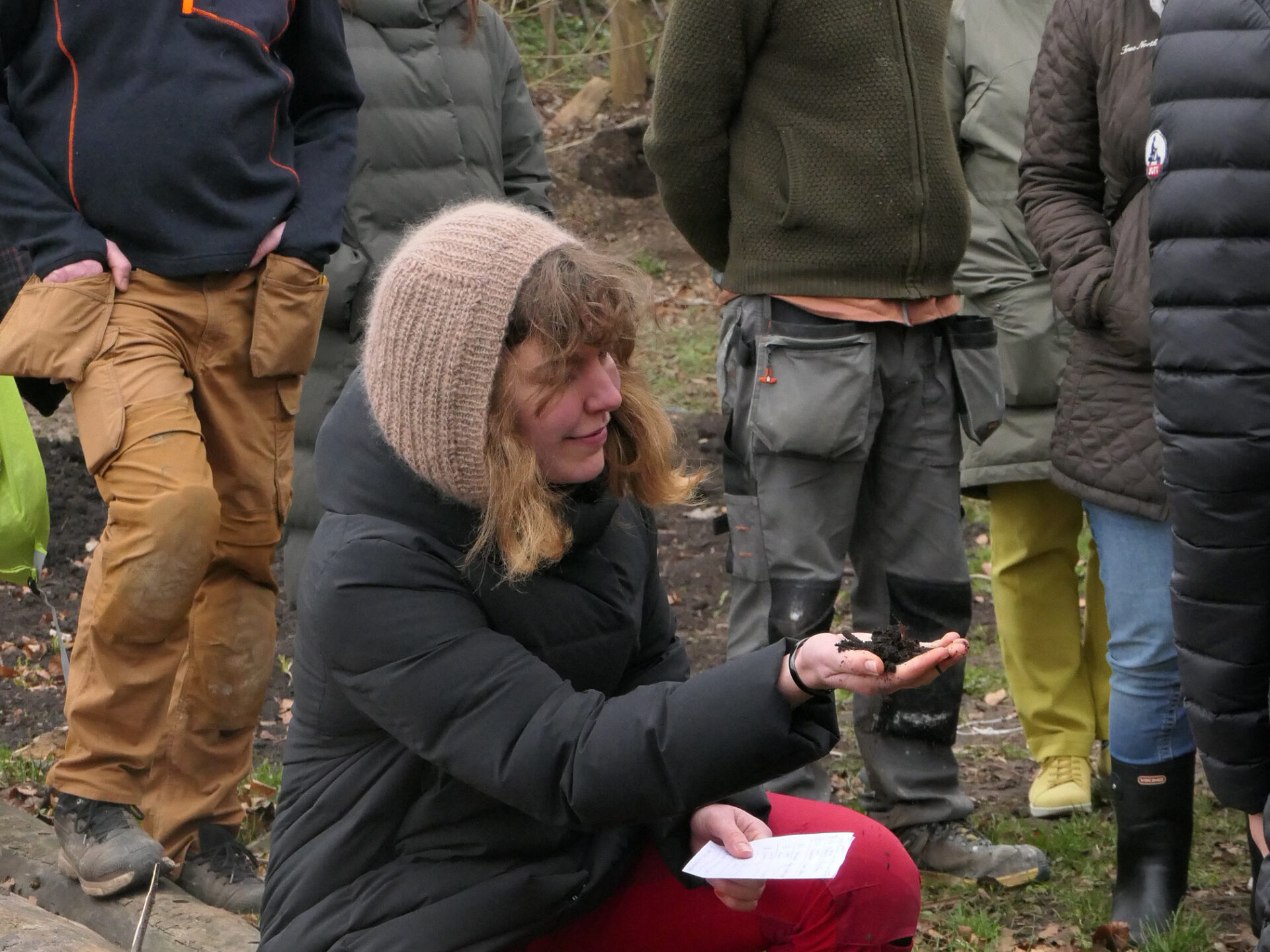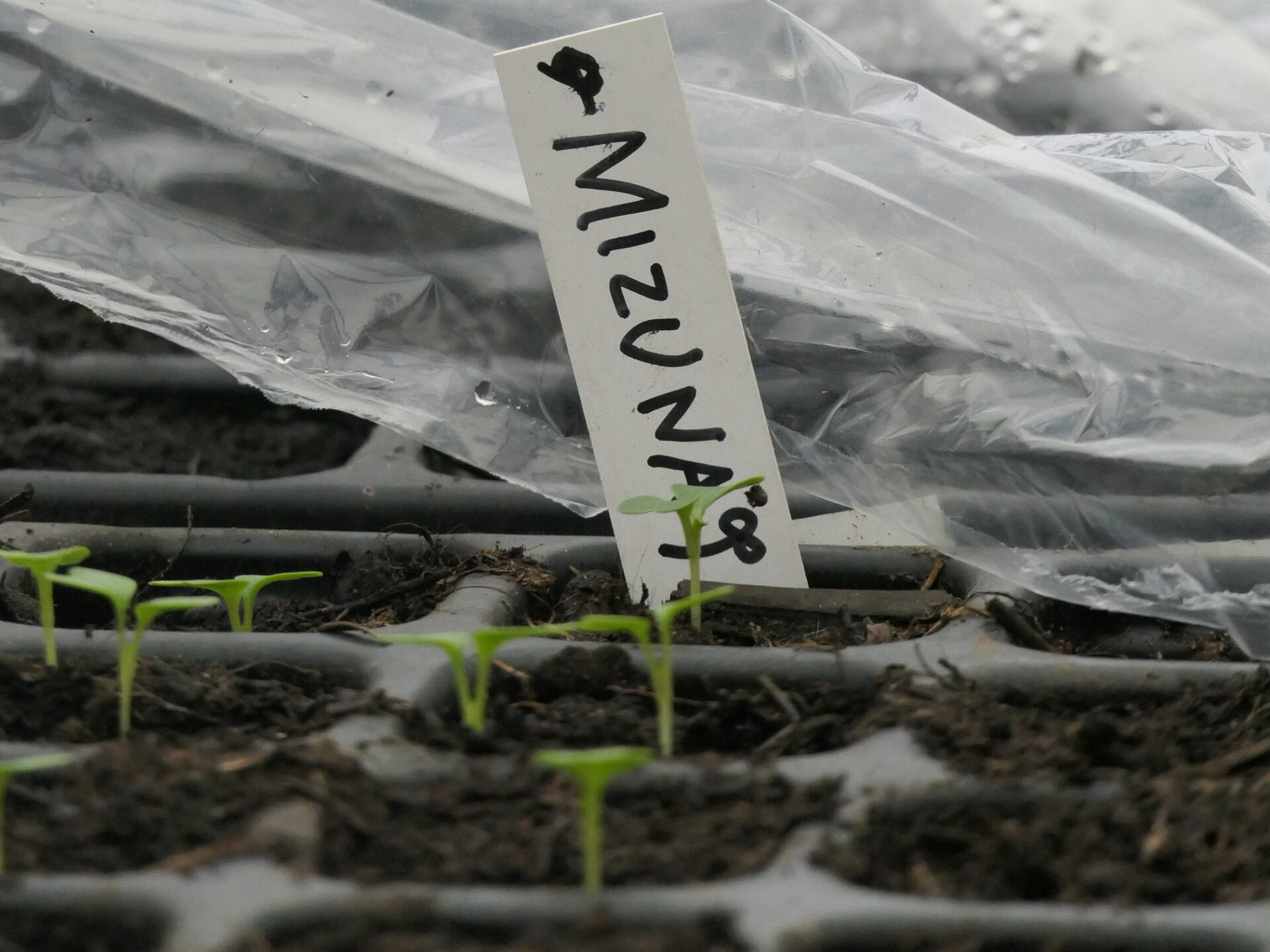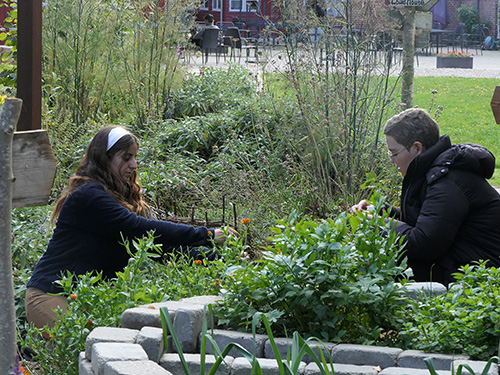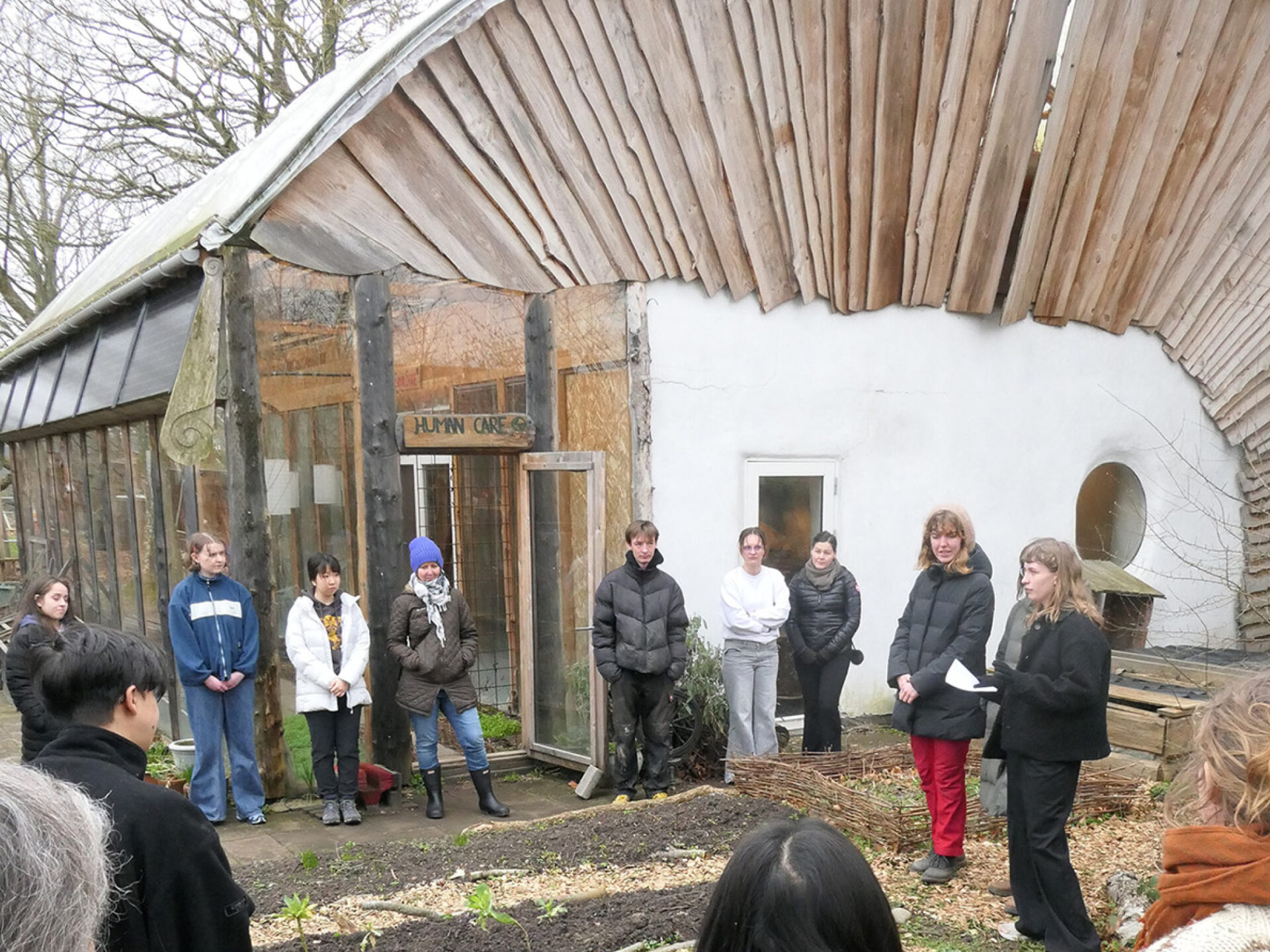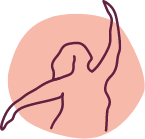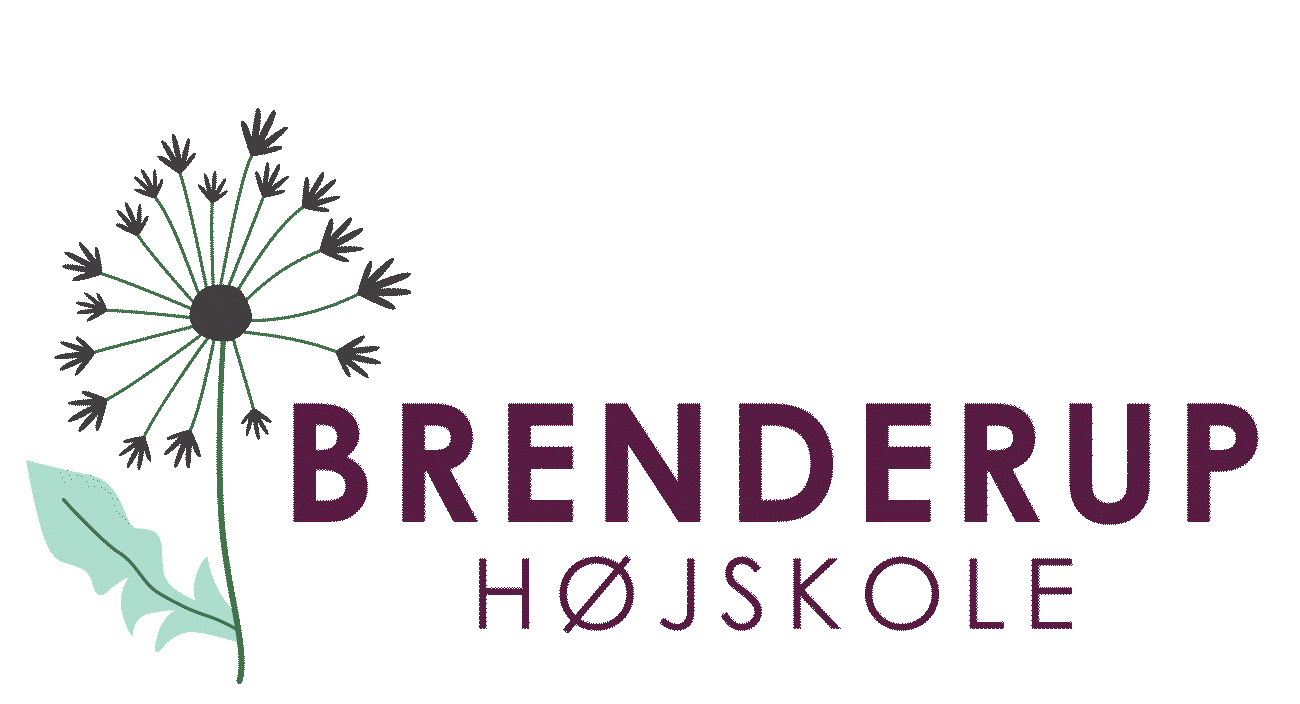Permaculture
Together we make a difference
We must strengthen our relationship with nature and gain a deeper understanding of the path of food – from farm to table.
We have insight into the debate about sustainability in food production and learn to collaborate effectively in different situations.
Together, we must spread the word and inspire others to find sustainable solutions.
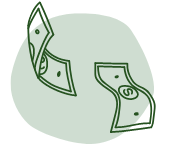
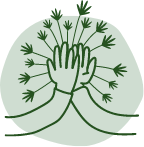

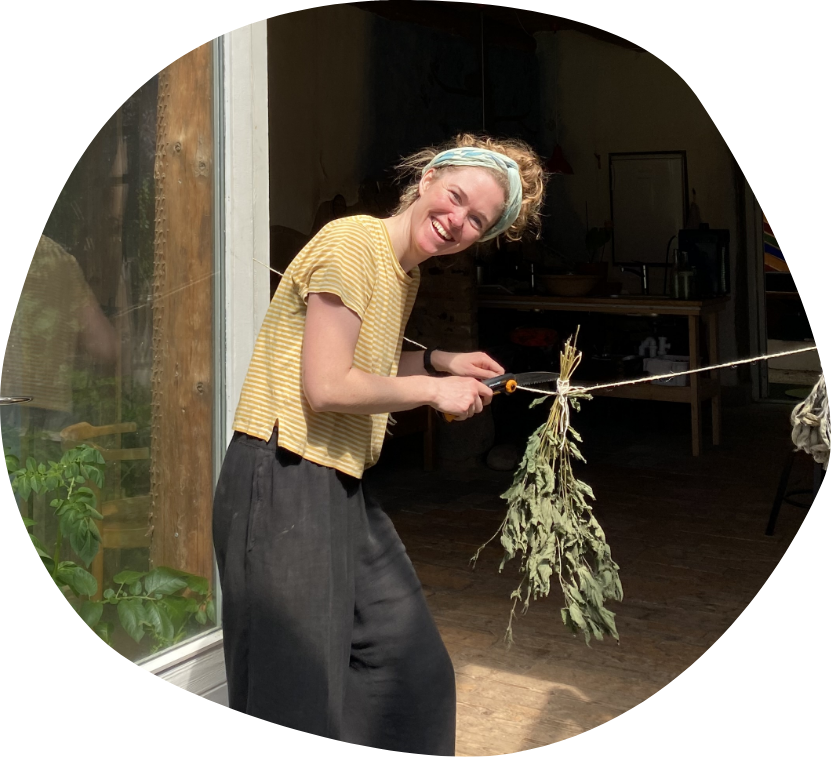
Meet the teacher
Sara Overgaard
Sara is an organic farmer from Norway, and has a certificate in permaculture design. She has a great passion for plants, and loves to spread the joy for her passion.
She lives between field and forest, a few km the from school, where she and her family are in the process of converting a country house based on the principles of permaculture. She also grows sustainable flowers in the company ‘Markblomst’.
The subject
The subject is structured with a progression that follows the course of the seasons in the garden and integrates the following elements:
Increased knowledge of nature
Understanding of nature’s cycles and interaction.
Natural philosophy and view of nature with a focus on peoples’s relationship with nature from a permacultural perspective.
Holistic cultivation
Practical and theoretical teaching in the cultivation of kitchen gardens and greenhouses.
Maintenance of forest garden and perennial plants.
Creation and maintenance of compost, which is central to the cycle of permaculture.
Plants’ living conditions and growth
Presentation and dialogue about plants’ living conditions, growth conditions and needs.
Discussions about sustainability in different forms of cultivation, including conventional agriculture, organic farming and permaculture.
The ethics and principles of permaculture
Introduction to the three basic ethical principles of permaculture.
Practical exercises and projects where students learn to apply the principles of permaculture in their own garden.
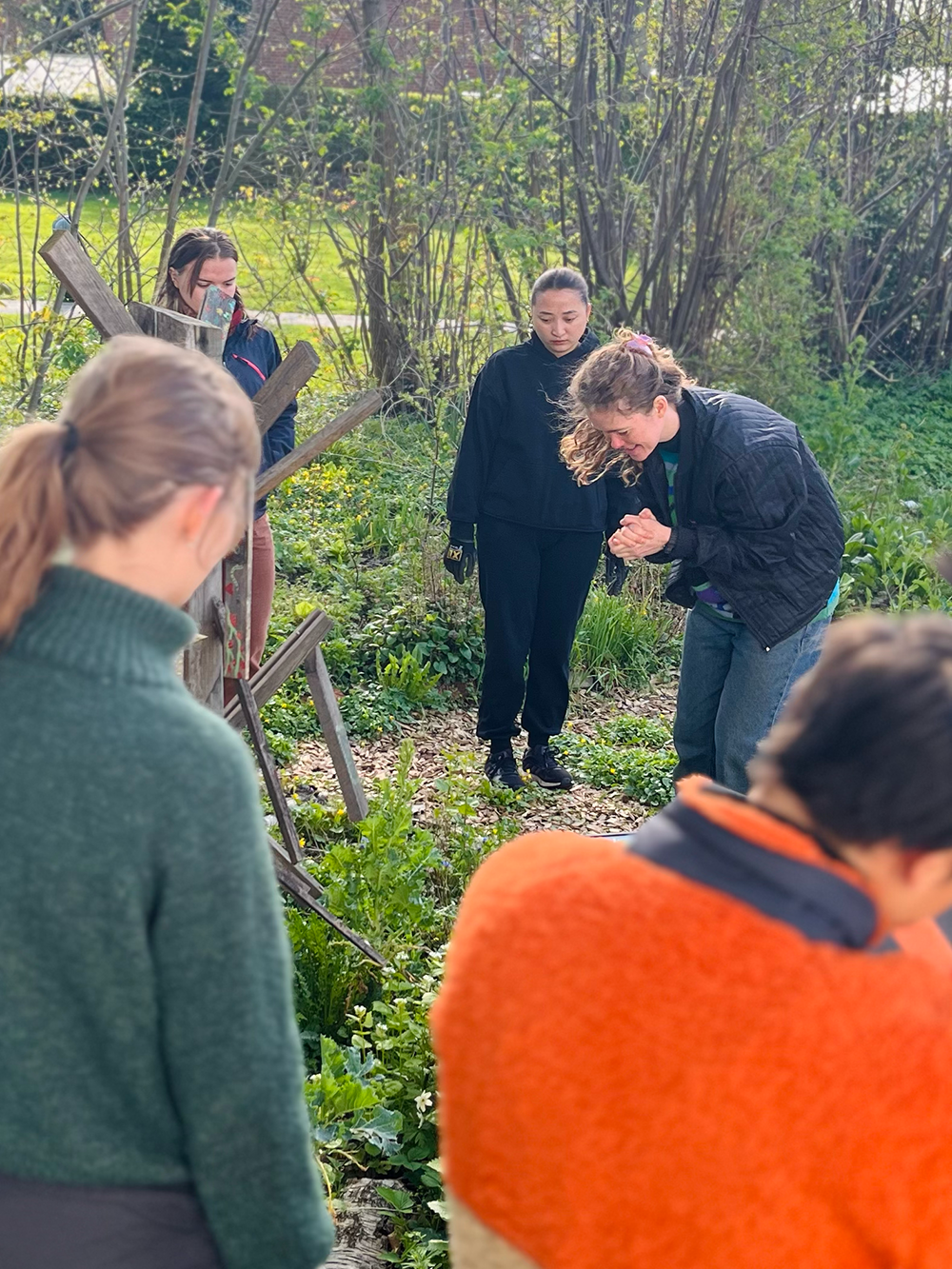
“Permaculture really surprised me. I hadn’t imagined that I would become so captivated by it, but it has truly made a positive impression. I think Sara is a great teacher, and her energy is contagious. I especially liked that there was always the option to go out into the garden and work if you needed to. The only thing I could have wished for was more time to learn even more about it.”
Student, Brenderup Højskole 2024
